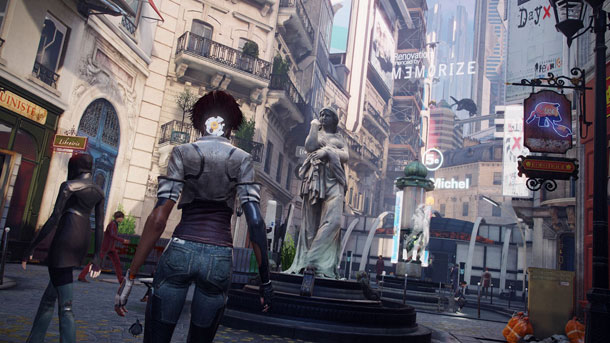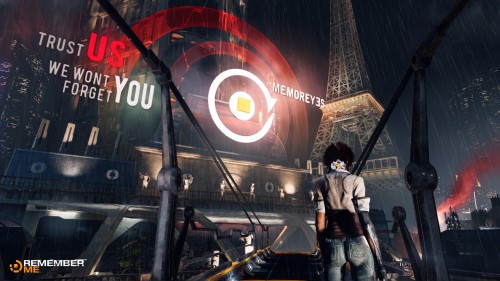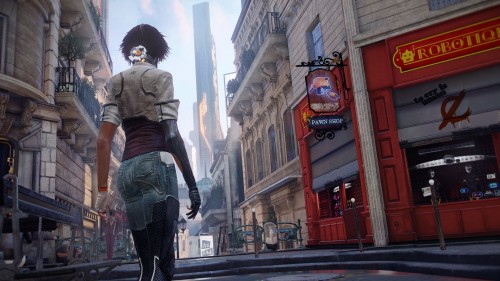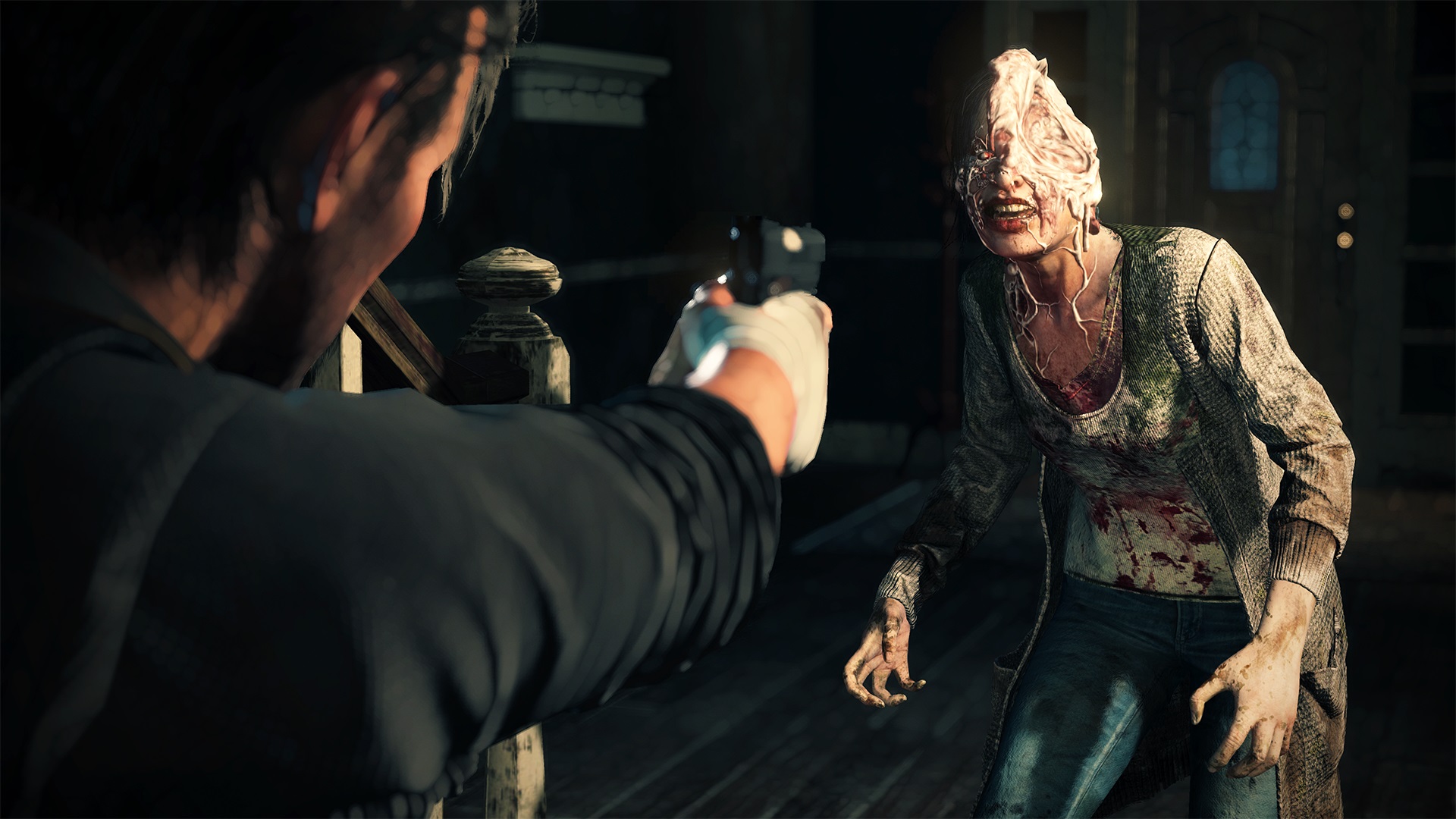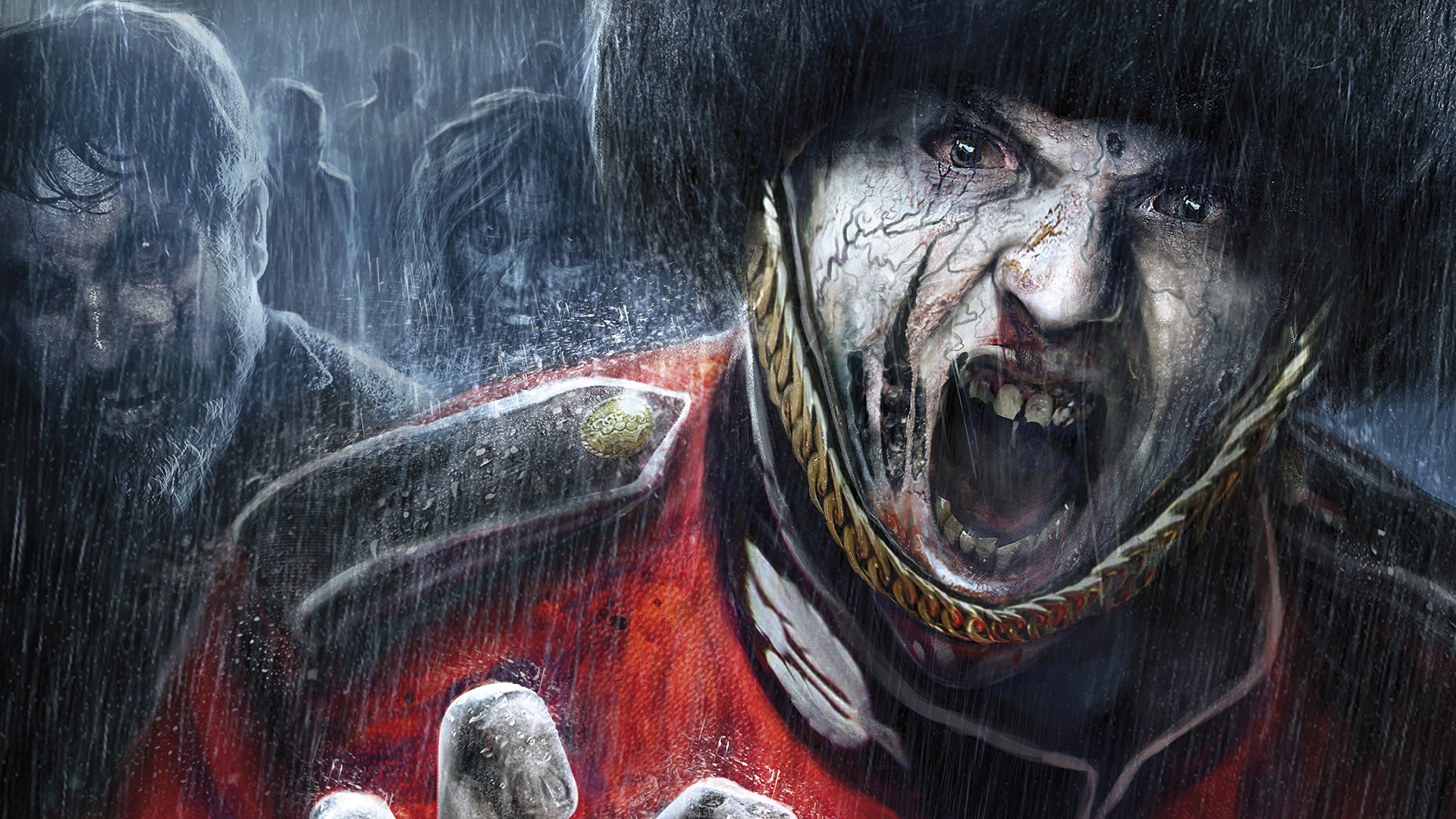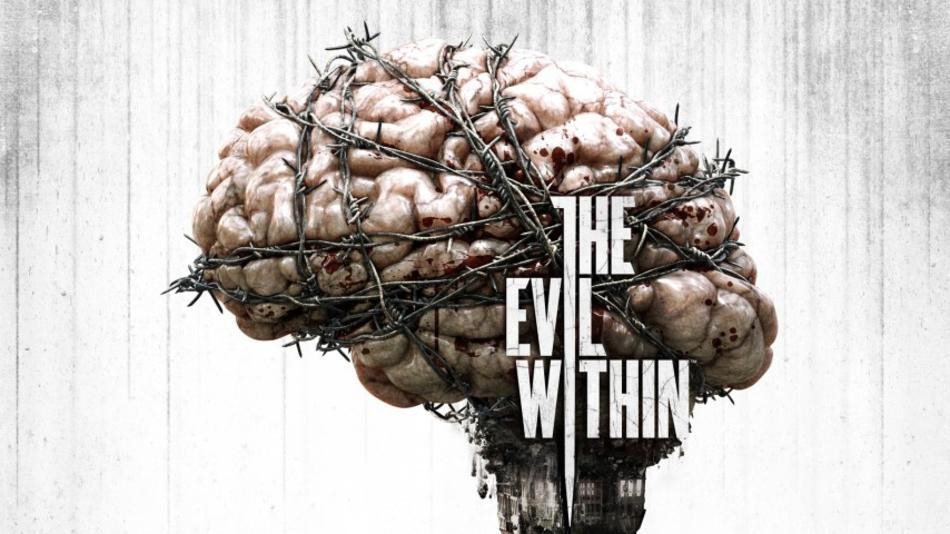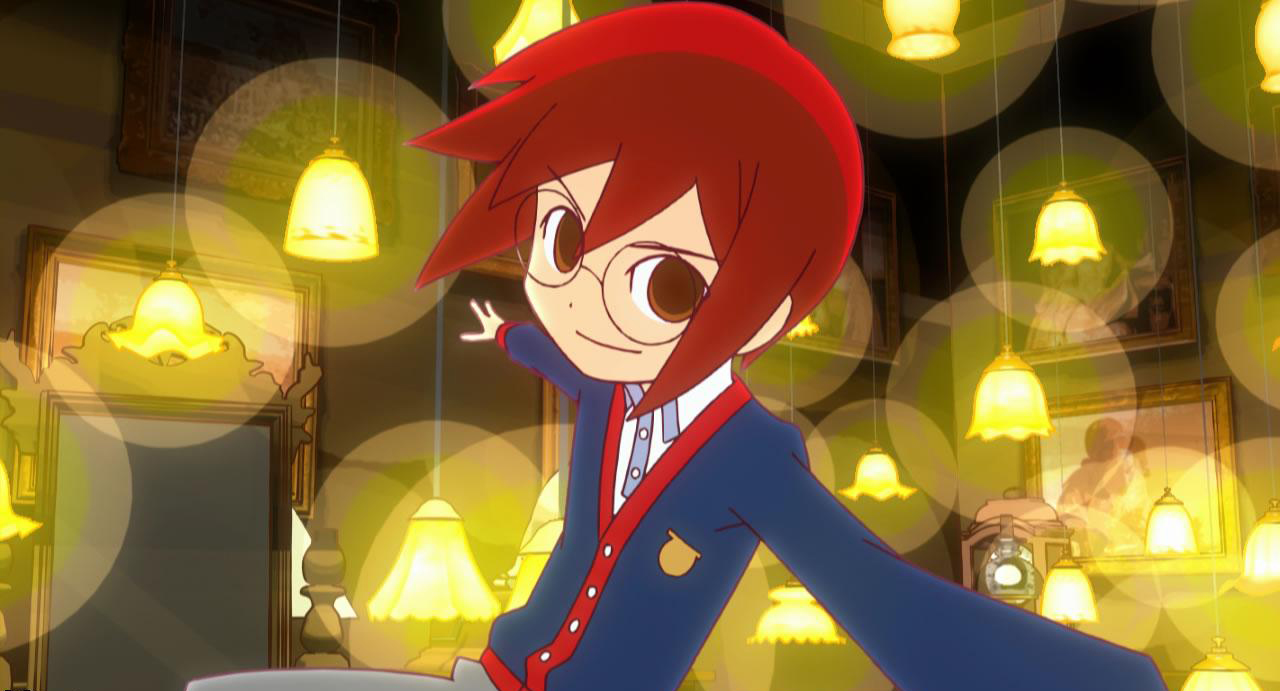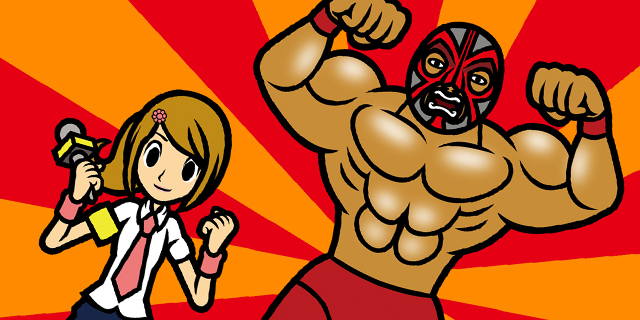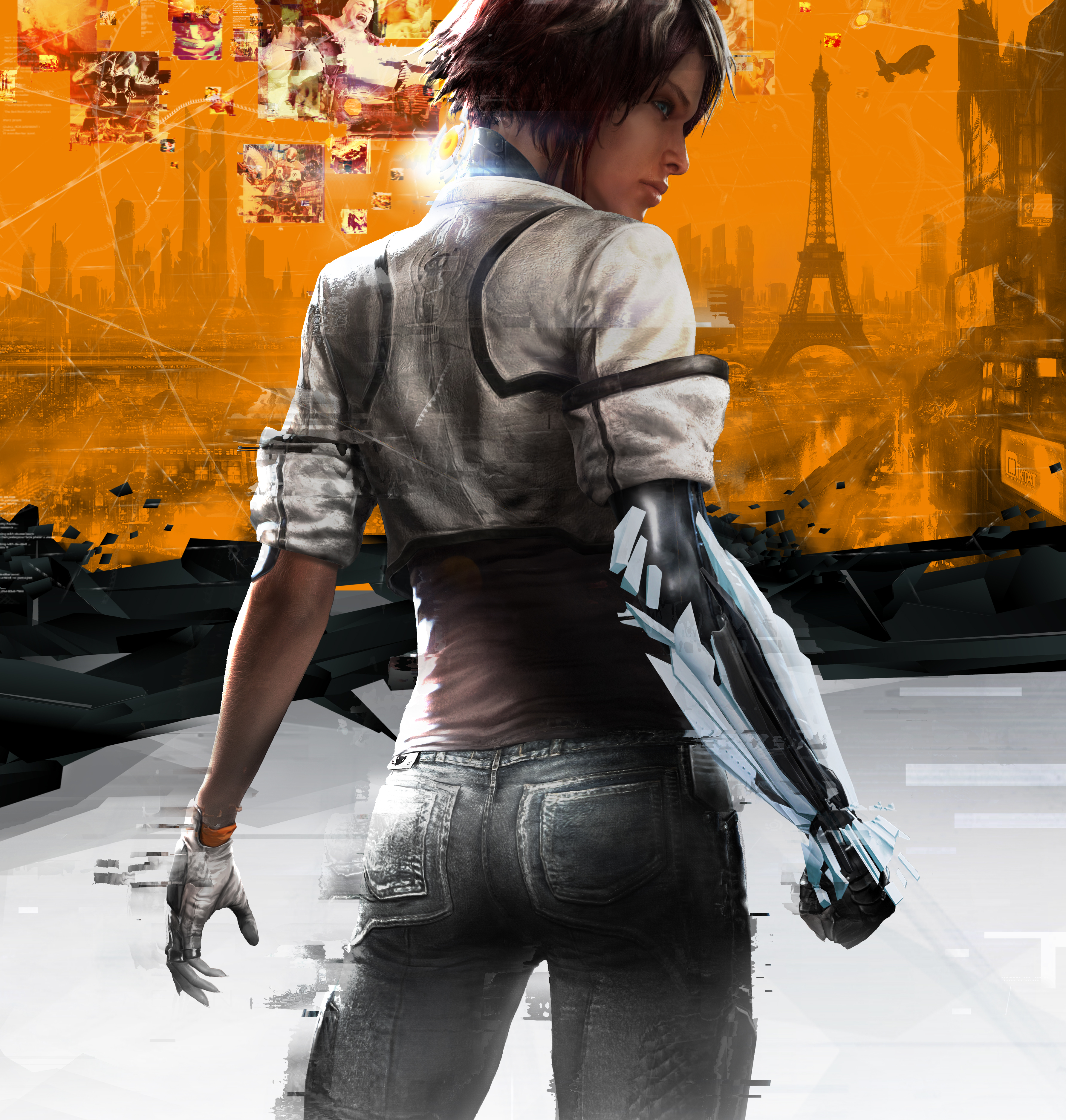
Let me tell you about P.N.03. Released on the Gamecube in 2003 as part of Shinji Mikami’s Capcom 5, the game is best known these days for being the only one of those games never to be ported to the PS2. It was derided by critics for its unusual control scheme and overall length.
For me, playing it at the time, I felt like I was experiencing a different game to what the critics had played. The stylish rhythm-based action, coupled with a crisp, futuristic setting and a clever approach to cover (seriously, P.N.03 is almost a cover shooter) clicked with me, and I played the absolute crap out of that game in the months after its release.
I discovered, a while later, that P.N.03 had something of a cult following. I wasn’t alone in liking it, and over the years, its come to be looked back on with fondness by a lot more people than you might first realise. Maybe it’s the fact that we were subsequently flooded by a sea of mediocre third-person action games, or maybe it was just one of those games that doesn’t hold up to being reviewed very well.
I can’t help but feel the same way about Remember Me today as I felt about P.N.03 back then. Like P.N.03 the game is a Capcom title. Like P.N.03 it features an attractive female lead who is having trouble remembering her past. Like P.N.03 the combat is all about rhythm and style. Like P.N.03, it’s set in a visually impressive future. And, like P.N.03, it hasn’t exactly set the review scores on fire. I don’t want to say that the game is a spiritual successor, but the parallels are definitely there to be drawn.
That’s not to say the games are identical in every way. For a start, Remember Me’s combat is built around physical attacks rather than shooting at things. You build combos by pressing the two attack buttons, and the combos can be customised by assigning specific abilities to each button press. The tricky part is the timing. You can’t just mash buttons to get the combo out, you need to be able to time each button press (generally with the impacts of your attacks) to keep the combo going. It feels intimidating at first, but with a little practice (and some memorisation of the combo sequences) it quickly becomes second nature.
There’s also a lot of climbing in Remember Me. The good news is that the climbing controls are forgiving and easy to work with. The game always indicates where to go next and it feels like it gives you a little bit of assistance to make sure you end up there. The result is fast and fluid jumping without needing to do annoying stuff like hold down buttons to grab onto ledges.
The story of Remember Me concerns a future in which everyone has implants that allow them to read and share memories. Kind of like Facebook, but in your brain. You are Nilin, a memory hunter who, at the start of the game, has her memory erased. Nilin’s had the ability to “remix” people’s memories, changing what they remember to alter their future actions. She’s part of a group called the Errorists (yes, really), who are fighting the nebulously oppressive corporation Memorize, who’s technology is the foundation of the memory sharing system everyone uses.
I couldn’t help but feel a little sorry for Nilin as the game progressed. It becomes clear that she’s really just a pawn in everyone else’s schemes, and even her own allies seem to be hiding important things from her. The revelations pile up, and while the game doesn’t exactly have the layers-within-layers plot of Bioshock Infinite, its still a pretty compelling story to play through. There are some pacing issues, as the game bogs down a little at the midpoint, but it picks up again later on and leads to a dramatic finale.
One under-utilised feature of the game is the actual memory remixing. This works by showing you a cutscene representing the memory of the character you’re remixing, and then allowing you to wind through the cutscene and change small details that alter the outcome, and subsequently the memory of the character you’re messing with. Horrific implications of having such power aside (and the game really doesn’t explore this as much as it could have), the whole thing is a fun break from the action that is, sadly, all too infrequent. I was expecting it to be the Remember Me equivalent of boss battles, but, sadly, it isn’t, and I think this is a missed opportunity.
If you can look past the game’s flaws and idiosyncrasies, then you should be able to enjoy one of the more original titles to come along in a while. I can’t help but feel that we’ll be remembering this game a lot more fondly in a few years when we’re awash in a sea of next-generation Call of Duty clones, pining desperately for a sequel (kind of like how everyone pines for a Mirror’s Edge sequel these days).
There’s enough wrong with this game that a sequel could easily be justified, however Capcom have, in recent times, placed ridiculous requirements for success on their titles, and I doubt that Remember Me is going to meet up to those standards. It’s a crying shame really, because these kind of original, under-the-radar titles are worryingly rare now, and as we plunge headlong into a new generation that will require higher production values and even bigger development budgets, it’s hard to imagine that we’re going to get many more games like this.
I guess what I’m trying to say is that if you don’t buy and play Remember Me now, then don’t come crawling to me in three years when you’re sick of Call of Duty 22: Modern Warfare 8: Ghost Dogs of Shadow Moses Island or whatever. You have been warned.
Outstanding visuals | Interesting concept
Camera | Fighting mechanics take some getting used to

